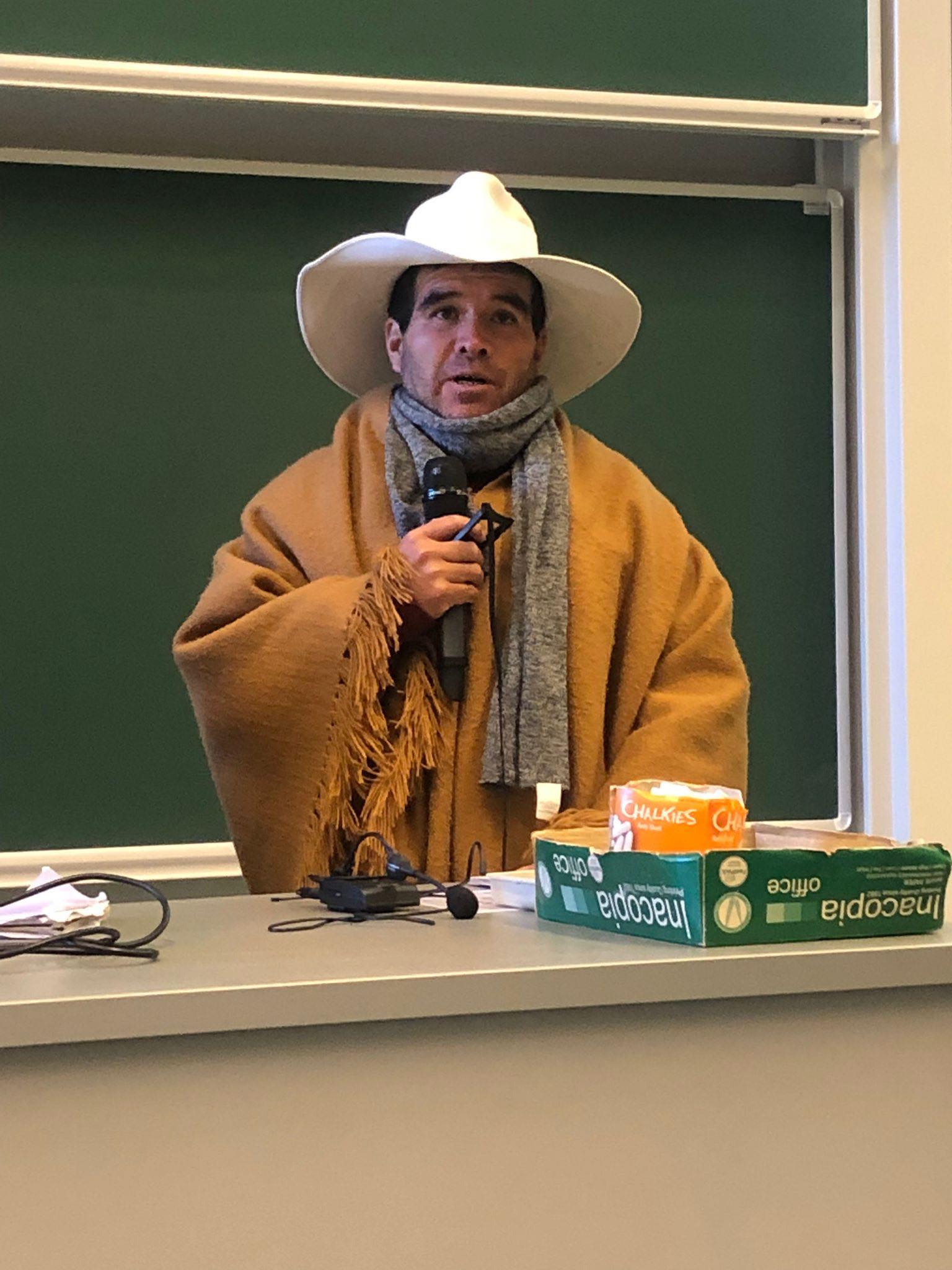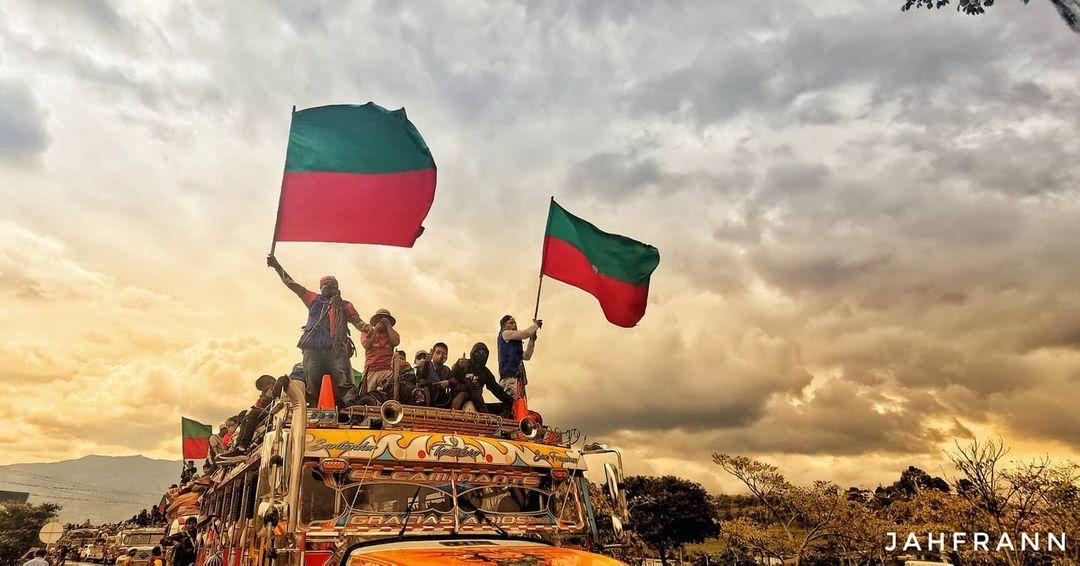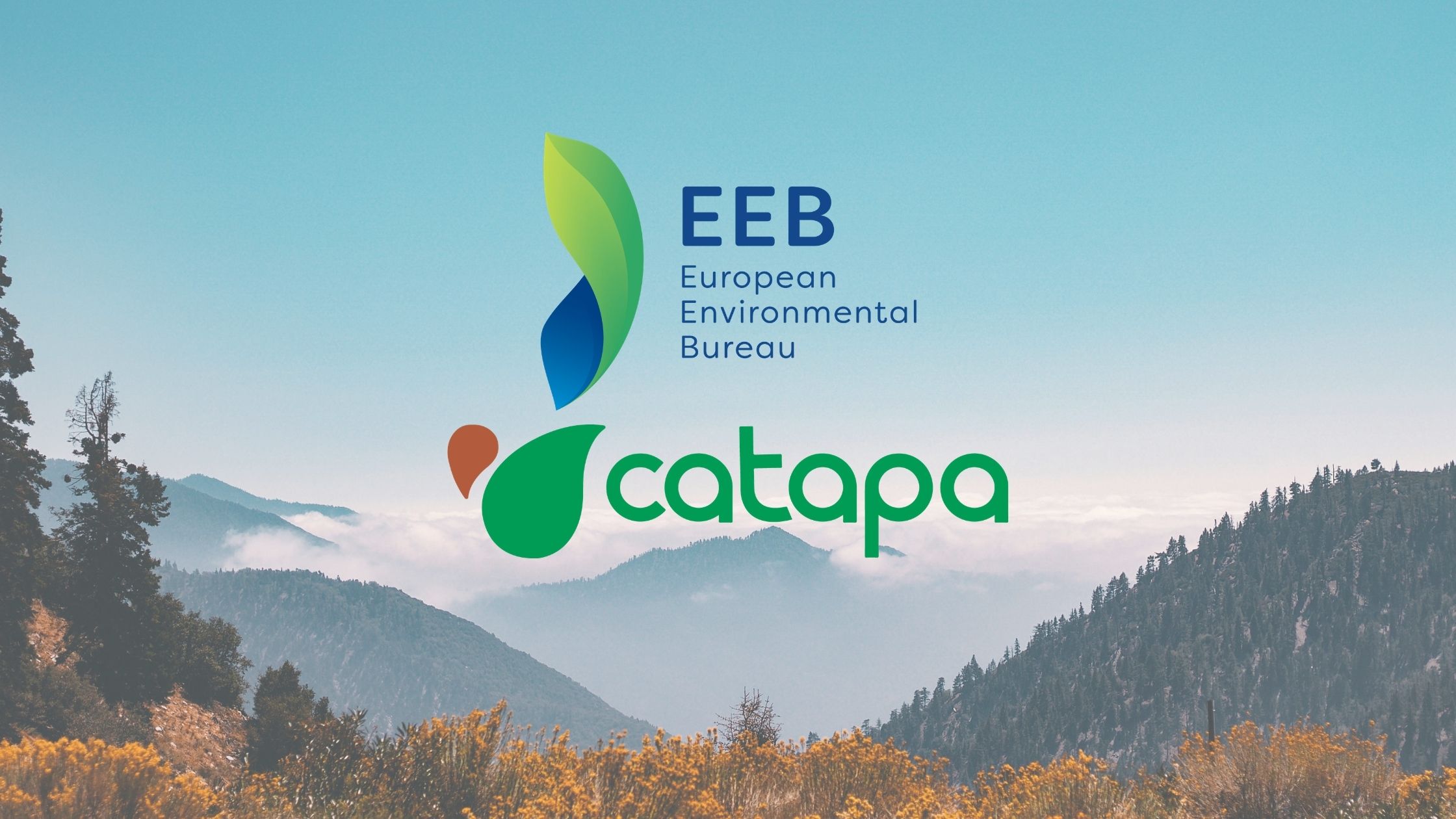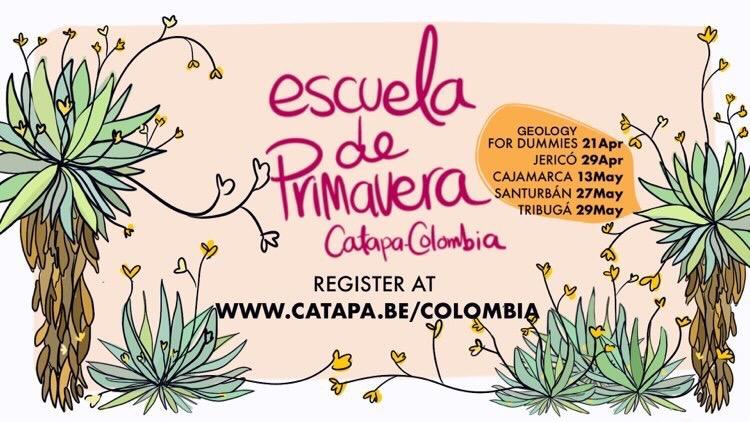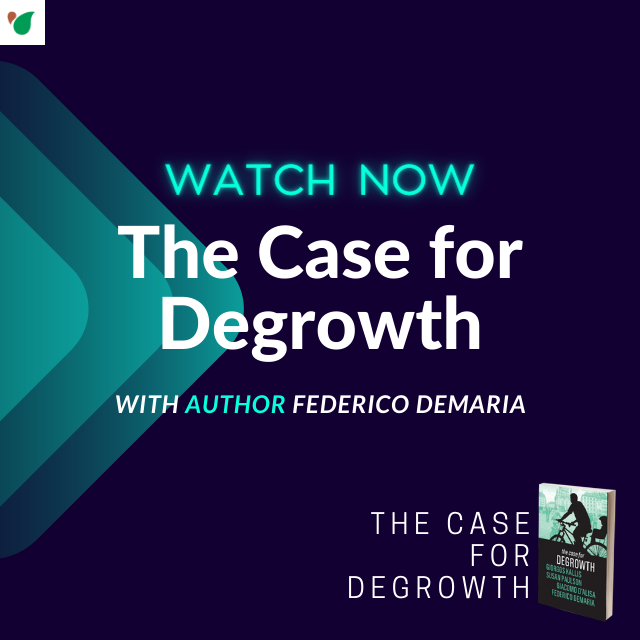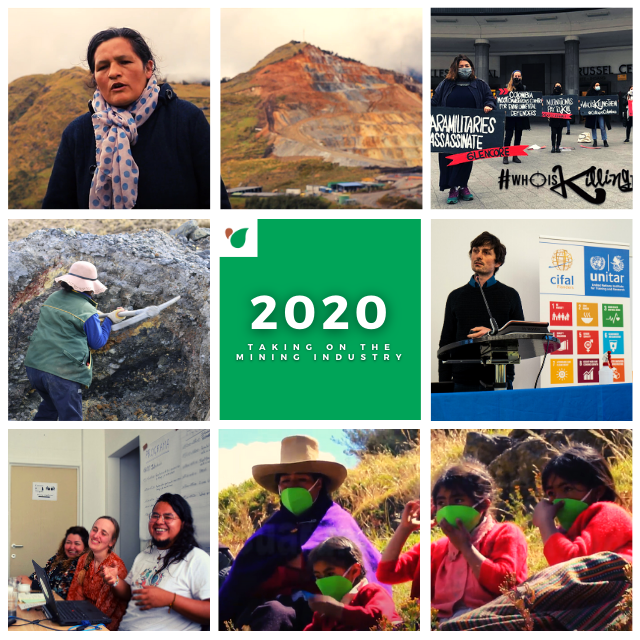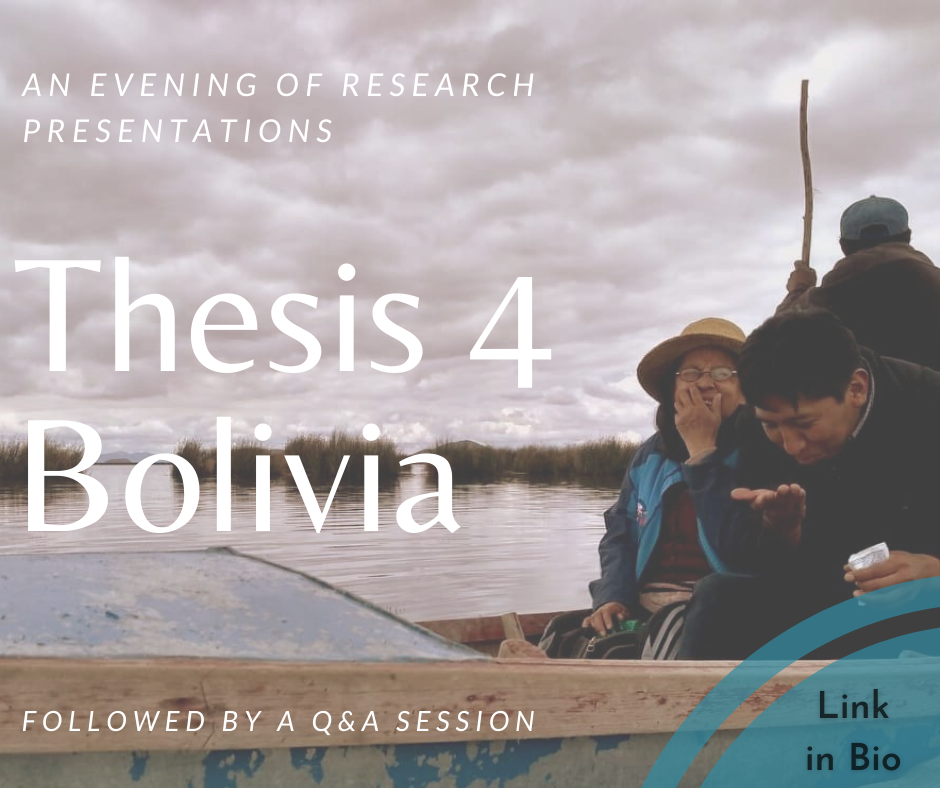Fifteen days of demonstrations have passed in Colombia against tax policies aimed at taxing the basic family food basket, even though the minimum wage of Colombians is below US$260 per month, and the unemployment rate in the pandemic has increased by 14%. There are currently 1 million more unemployed than at the beginning of the pandemic in 2020.
The government has invested money in war, and announced the purchase of 24 war planes costing more than 4.5 billion dollars, despite the fact that the figures for police abuses in the protests are on the rise, with more than 40 demonstrators killed and some 500 people missing. Congressman Wilson Arias has denounced the purchase of more than 14 billion pesos in weapons for the ESMAD (Mobile Anti-Disturbance Squadron), the police used to repress protest in Colombia.
Colombia is literally in flames, the national press is biased, the information is manipulated, the alternative press is violated in the streets, even a journalist has had a grenade thrown at his head according to the denunciation of the FLIP (Foundation for Freedom of the Press).
The southwest of the country, where the strongest demonstrations are concentrated, has suffered power outages and the blocking of internet networks, making it impossible to broadcast the lives of the abuses occurring in the area. There has also been the appearance of civilians dressed in white clothes who call themselves “good citizens”, these people are heavily armed and there is no one to stop them, the police have escorted them on several occasions.
Not enough with this, on May 11, the national government has decided to propose bills 296 and 312 of 2020, through which the agreement signed between the Colombian government and the government of the Arab Emirates for the elimination of double taxation with respect to income and the prevention of tax evasion and avoidance and its protocols, signed in Dubai on November 12, 2017, would be approved.
This means that the Colombian government continues to strengthen the relationship with the government of the United Arab Emirates, a government that so far has a controversial investment in Colombia and it is about the exploitation of GOLD and polymetals in the ecosystem of the Páramo de Santurbán, in northeastern Colombia.
This ecosystem supplies the water supply for more than 2,500,000 people in Santander and Norte de Santander, a department that borders Venezuela. For the past 10 years, citizens have been demonstrating against this type of projects, and to date, 3 mega-mining projects have been stopped in the Páramo de Santurbán.
Two attempts by the multinational Greystar, one for open-pit mining and for which its environmental license application was denied. And the second, where the same company changed its name to ECO ORO and presented a subway mining megaproject in the same place where it had presented the previous application.
The company has encountered opposition from the public. Its project goes against the principles of environmental protection in Colombian law, and in response to the denial of the company’s request, it has decided to sue the Colombian State before ICSID (World Bank) for more than US$764 million.
The third project corresponds precisely to that of the United Arab Emirates with its company MINESA, which belongs to the subsidiary of the sovereign wealth fund of the Emirate State: MUBADALA. MINESA has encountered the same panorama as the previous investors in Colombia: a people that rejects the mega-mining exploitation in Colombia and especially in the high mountains of the strategic ecosystems that supply water for the human consumption of 80% of the Colombian population.
So in January 2021 the National Environmental Licensing Authority (ANLA) has decided to archive this application for polymetallic exploitation, but the decision goes far beyond a technical equation of experts who consider totally risky and unfeasible a project of this scale in an ecosystem as fragile as the Páramos in Colombia.
It is not “only” the 9 million ounces of gold and other metals to be exploited by the Emirati prince’s fund. The decision is political. Previous Colombian governments (Alvaro Uribe Velez, Juan Manuel Santos) have made apparently “disinterested” transactions with the government of the United Arab Emirates, the most recent ones: a donation of 10 million dollars for economic reactivation in Colombia or the exorbitant sum of 150 tablets to “reduce the digital gap” in Colombia, a country with more than 50 million inhabitants.
Citizen complaints also go beyond ecosystem protection. So far, there is a regulatory vacuum regarding the delimitation of these ecosystems, and Santurbán specifically is not delimited. The scope of the environmental liabilities is not clear, nor is there any guarantee that the project will not impact the numerous populations living further downstream.






